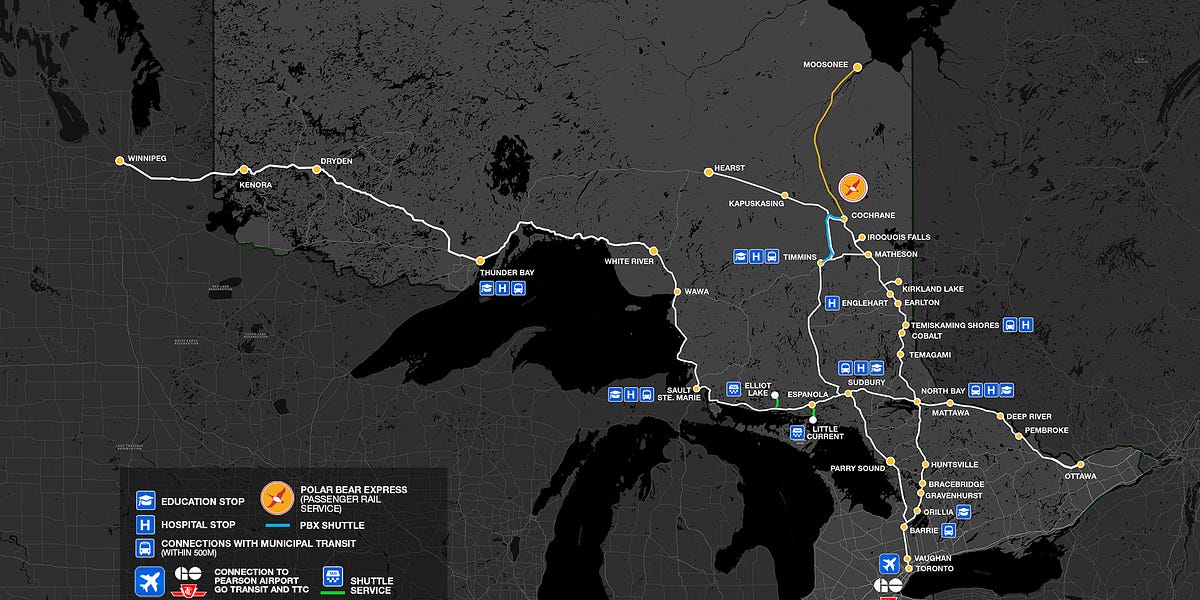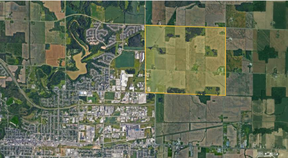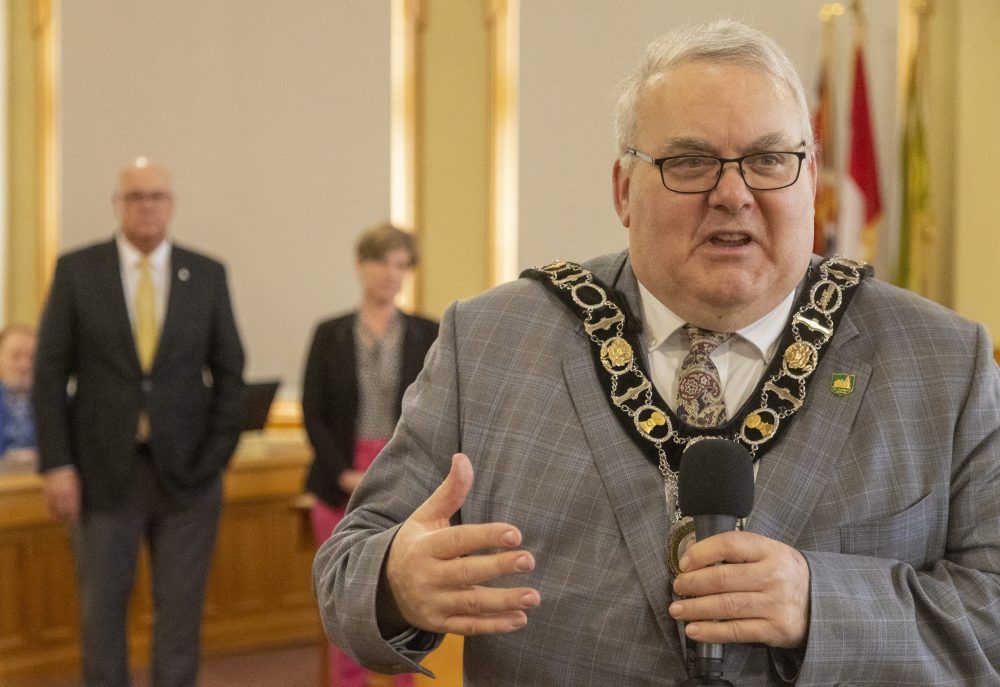Urbanization is a social phenomena, unless you are into the 'one world government' and other conspiracy theories. In a (small L) liberal democracy, companies, industries and people locate where they will (in terms of people, it's Constitutionally protected). Some industries by their nature will tend to congregate near similar or allied types; we see this in the IT and knowledge fields as well as in the traditional resource and extraction industries. In terms of people, how often is it mentioned in threads here that folks have no intention of leaving the GTA (or move north of Bloor for that matter). For sure, part of it is employment,; but I suggest it is also cultural.
Canada is no longer primarily a resource-based economy, so there is less compelling need for work and workers to be in the rural or northern areas.
GM or Cisco aren't likely going to locate in Parry Sound or Hornpayne on their own. I suggest governments would have to subsidize that to happen. Beyond the public policy debate, that also has issues regarding international trade agreements.
Depending on which definition you use, I don't have to pick on a family member; I'm of that demographic. Like Paul, I would wonder how many people have to travel to the GTA for medical reasons, For sure, they are likely medically fragile, but with regional health centres and regional cancer centres in several large northern cities, I'm not sure the numbers are significant. I'm not defending Ontario health care, but allowances are available for medically necessary tavel. Maybe they need to be better. Maybe they need to be good enough to spawn private patient transfer services (land and air ambulance won't transport for appointments or non-urgent procedures).
In the winter, NorOntair was not a consistently reliable service except between larger airports. Most of their destinations were small VFR strips with little to no navigational aids. I recall several times standing at the airport hearing - but not seeing - the plane fly over, maybe a couple of times, then the sound disappearing into the distance.
Edit to an earlier post: I don't believe NorOntair serviced remote FNTs. I believe I was recalling Austin Airways which had scheduled and charter services.

open.substack.com






